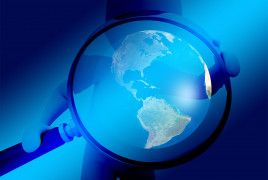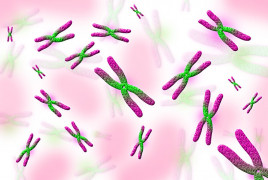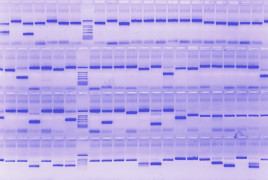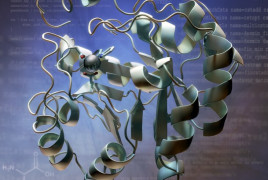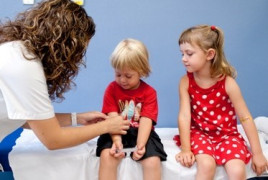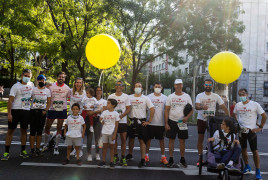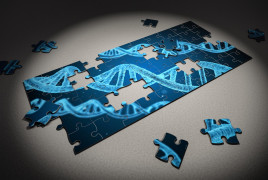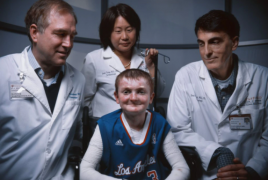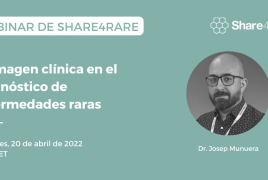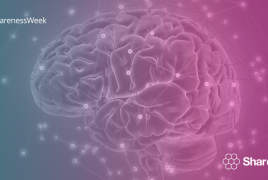Share4Rare and CIBERER join forces to identify patients with rare diseases
CIBERER and Share4Rare have established a collaboration agreement to boost rare disease research. As a secure digital platform open to patients and caregivers from all over the world, Share4RareToxic agents, radiation and microbes: non-genetic factors that can cause a rare disease
Approximately 80% of rare diseases have a genetic origin and are present at birth . However, rare diseases are not always caused by a de novo mutation —occurred spontaneously during reproductive cellWe speak with Gonzalo Bermejo, president of SYNGAP-1 Spain
Gonzalo Bermejo’s daughter Carlota was diagnosed with SYNGAP-1 syndrome almost 4 years ago. She was 11 at the time. " The Spanish West Syndrome Foundation payed for our genetic test and the resultsNew experimental therapy for patients with recessive dystrophic epidermolysis bullosa proves successful
A new experimental therapy has been successfully tested in 9 people with recessive dystrophic epidermolysis bullosa. The study, led by Standford University (USA), has been published in Nature andShare4Rare webinar: Medical imaging in rare disease diagnosis
Medical imaging tests allow health professionals to obtain whole-body internal images or to visualize specific parts or organs. These tests are often used to find a diagnosis and to establish diseaseAnalysis of sleep disorders in SYNGAP-1 syndrome
Neurodevelopmental problems frequently come along sleep disorders. People with this type of brain damage often have trouble falling asleep or resting properly during sleep and may experience daytime
